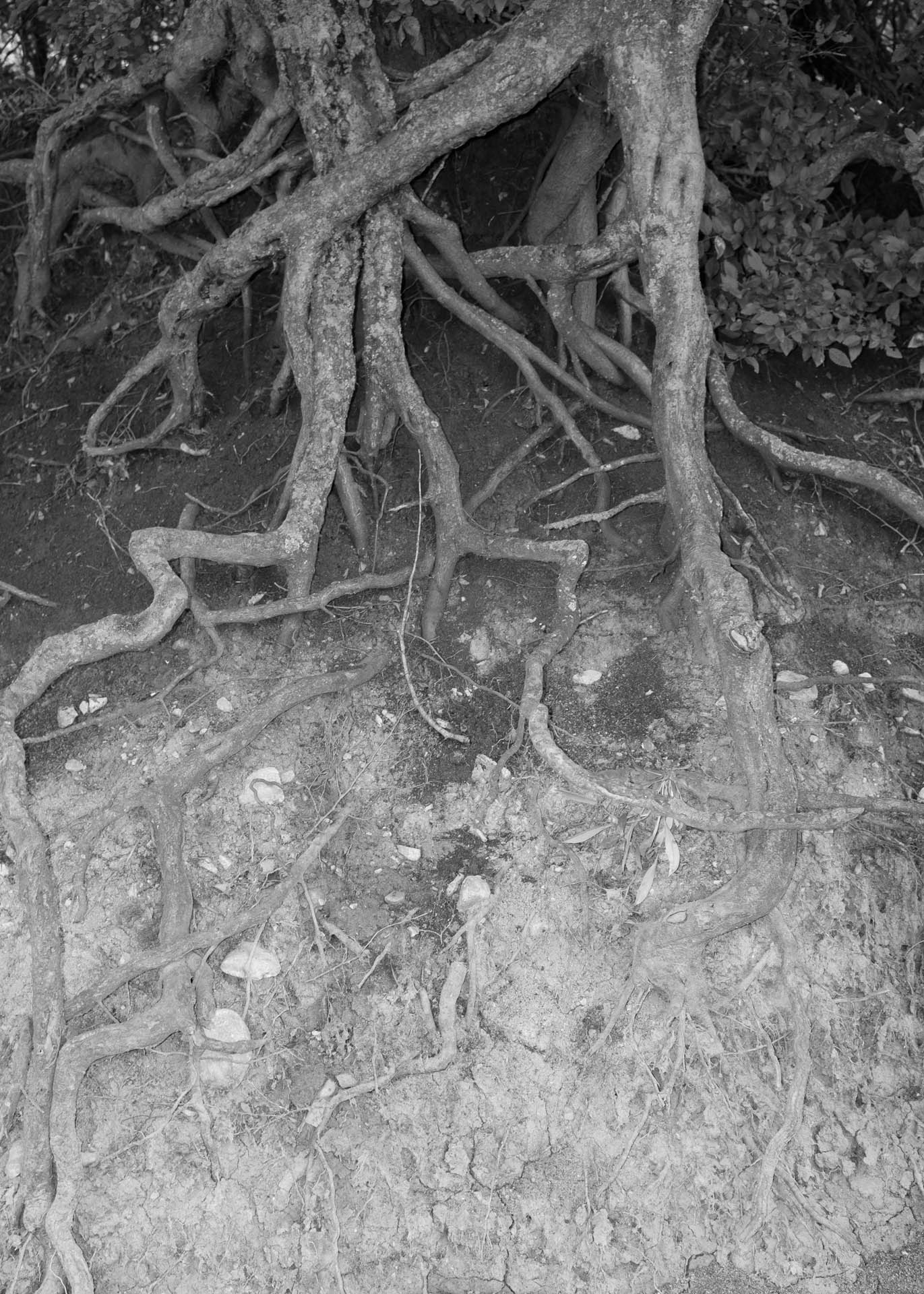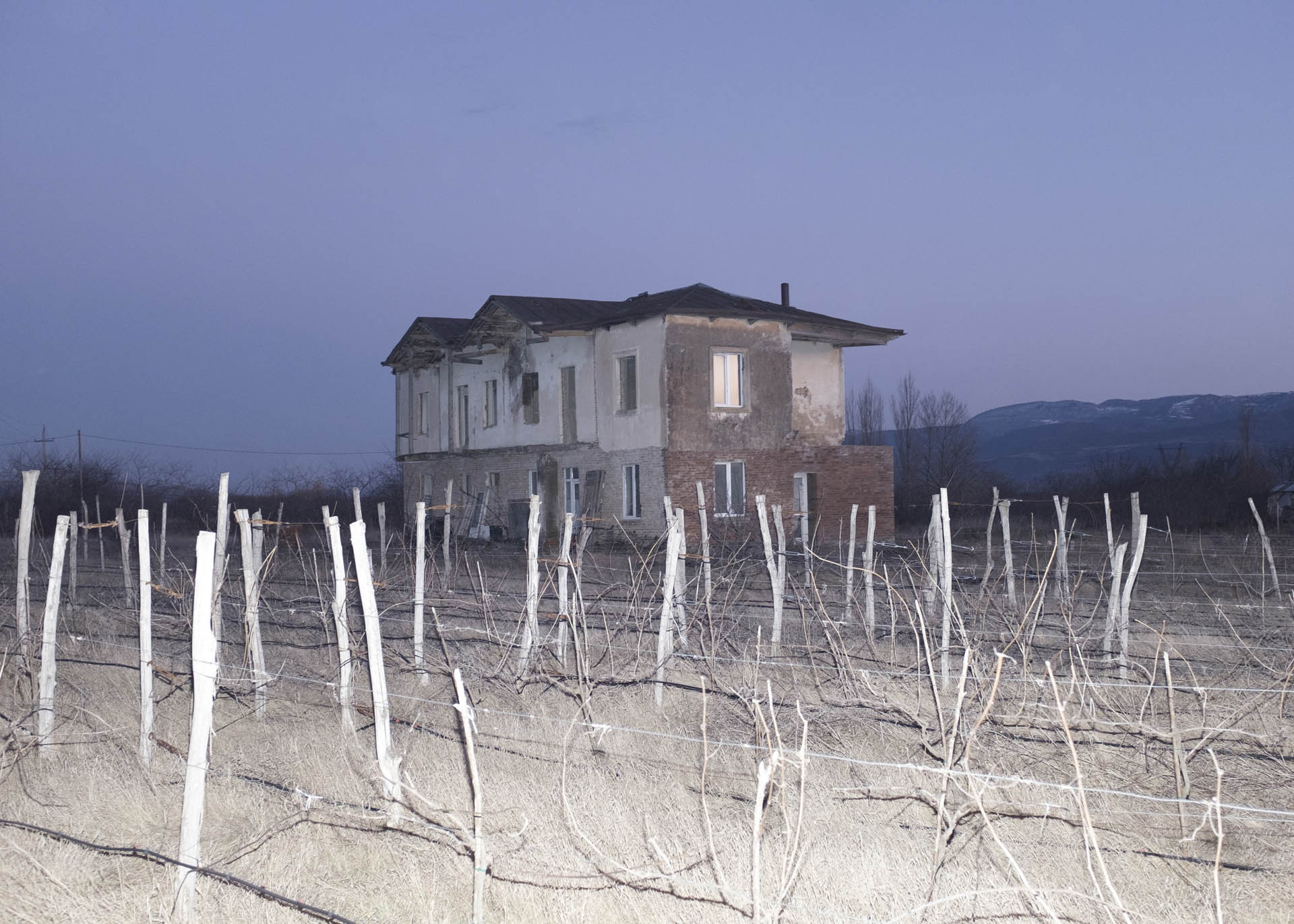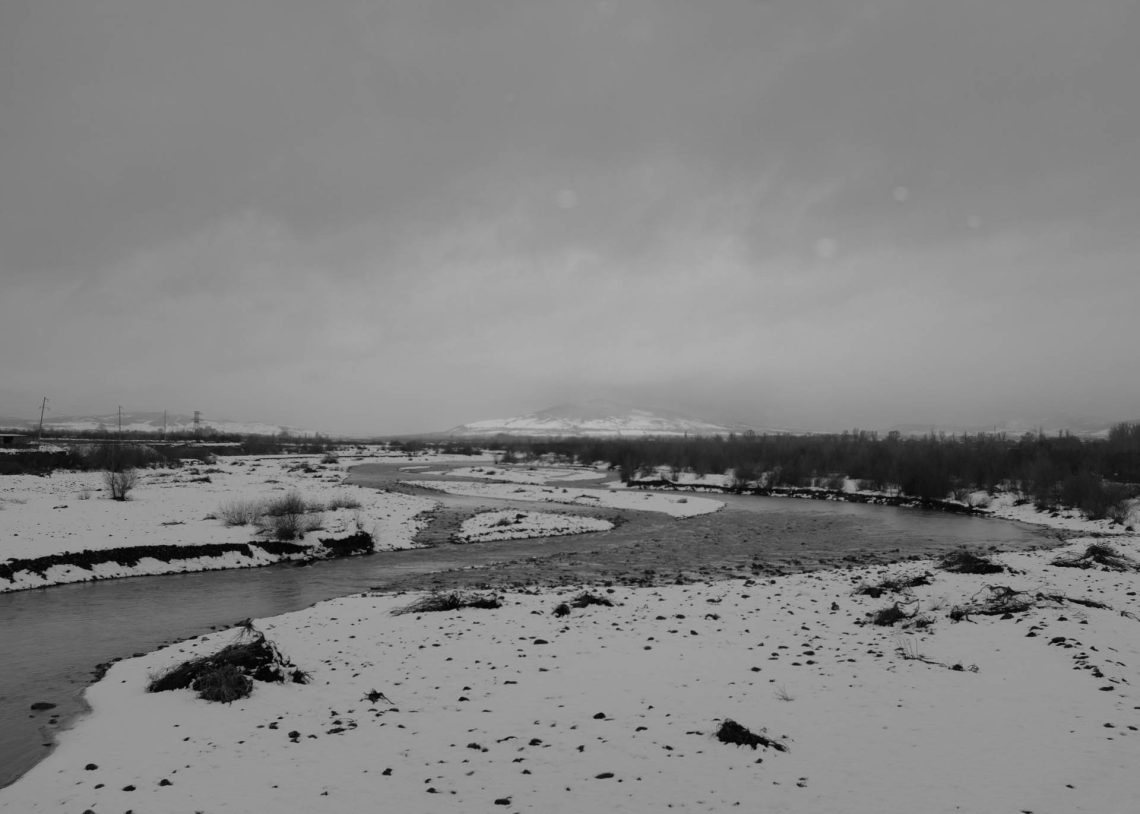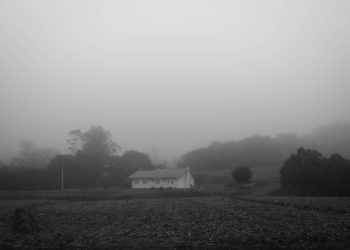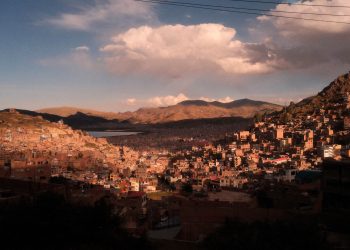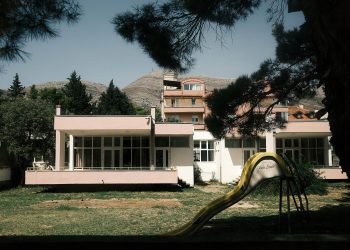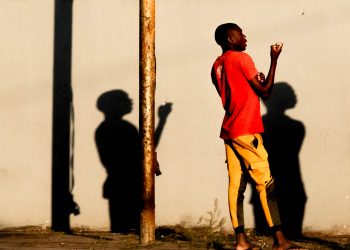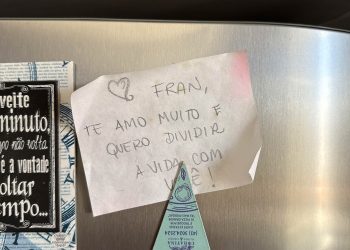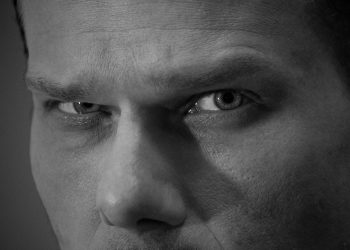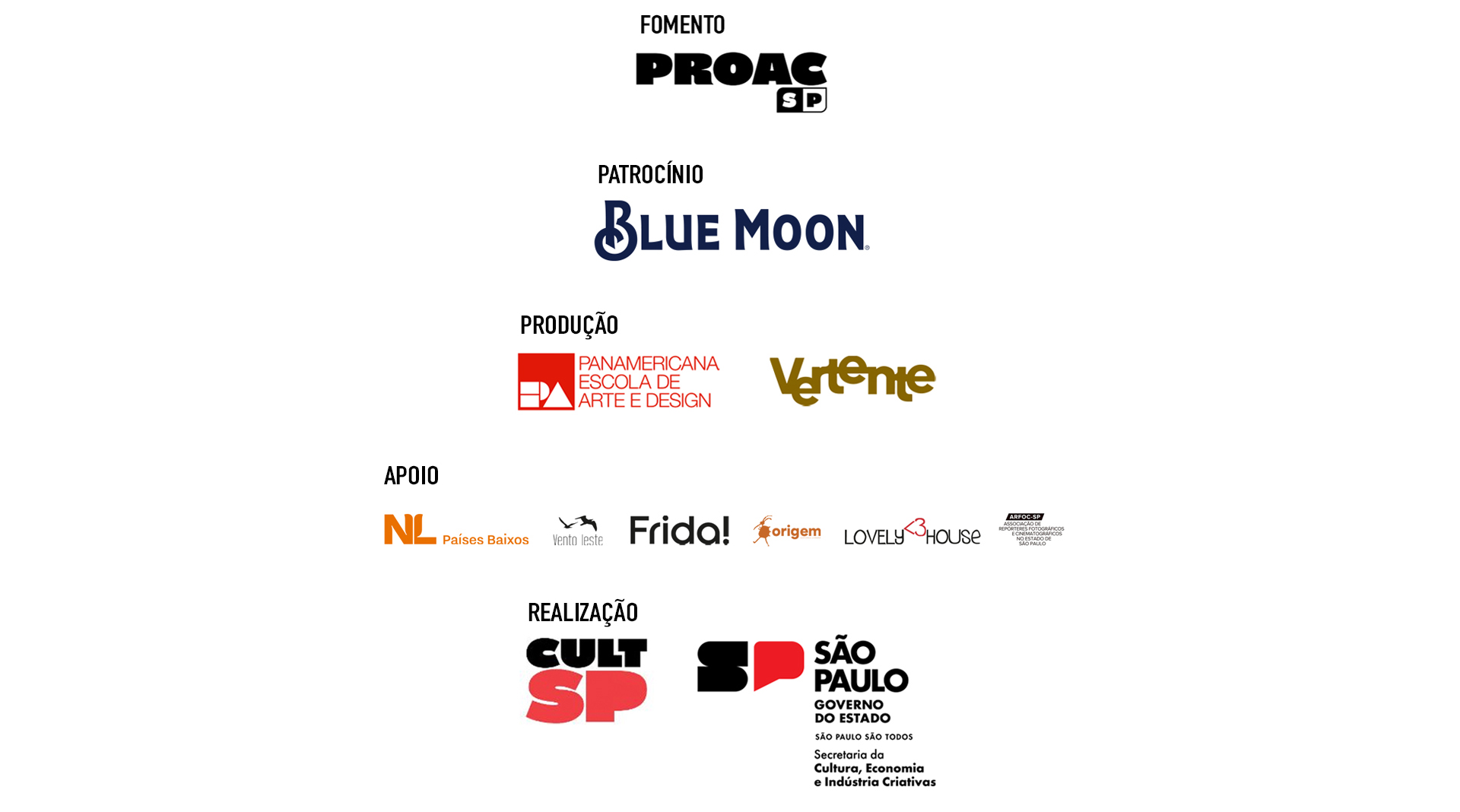After Russia invaded Ukraine I came to Georgia: one more country that had experienced an invasion by Russia in 2008. Given the circumstances of the past three years, Russian imperialism and aggression toward its neighbors have become deeply personal issues for me. While living in Georgia, I have met many people affected by the Russian invasion. This experience has driven me to explore the topic of the currently occupied Georgian territories and the realities of life of those living right next to them.
In 2008, Russia invaded Georgia and occupied two of its regions. One of these regions is known as South Ossetia. The line of contact between Georgia and South Ossetia stretches around four hundred kilometers, with over ten thousand people living in its immediate vicinity on the Georgian- controlled side. The population of this so-called “Zone of Fear” mostly consists of farmers living in small, semi-abandoned villages. After the war, many residents of these lands left, but some chose to stay as they felt deeply connected to their lands. Those living near the line of occupation suffer from systematic expansion carried out by the Russian military authorities. Quite often the territories taken away by Russian border troops are the most precious for the locals: their pastures, churches, and cemeteries. The goal of the occupants is to make the locals feel disconnected from their roots and intimidated. Since 2008, there have been around four thousand registered cases of illegal detention and imprisonment of Georgian citizens by Russian and South Ossetian authorities.
I spent nearly a year and a half traveling through regions adjacent to the line of occupation and talking to people for whom detentions by Russian border troops have become part of daily life. My project tells the stories of some of the individuals who were captured by Russian forces near the line of occupation and were subsequently held in detention centers and prisons in Tskhinvali. Some of my protagonists were arrested only once, others more than three times. For each of my subjects, life has been divided into “before” and “after” the arrest: a trip to a once-familiar pasture or a visit to the grave of a loved one could lead to a new detention and prison term. Some have lost their health due to brutal beatings, and a few have paid with their lives for crossing the line of occupation.
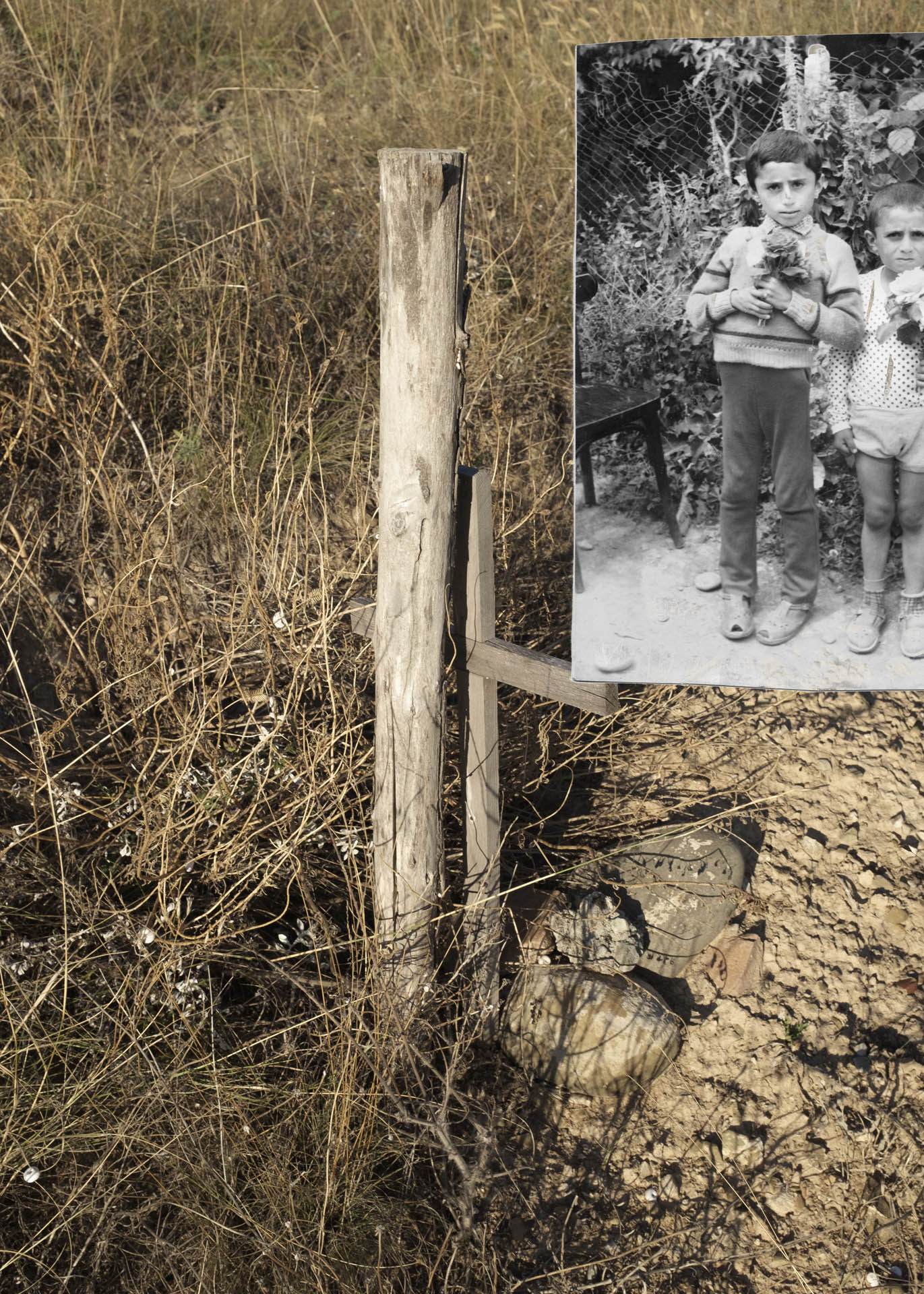
“He died in my arms when he was 15. If only he were alive now, and everything was the way it used to be.”
– R.
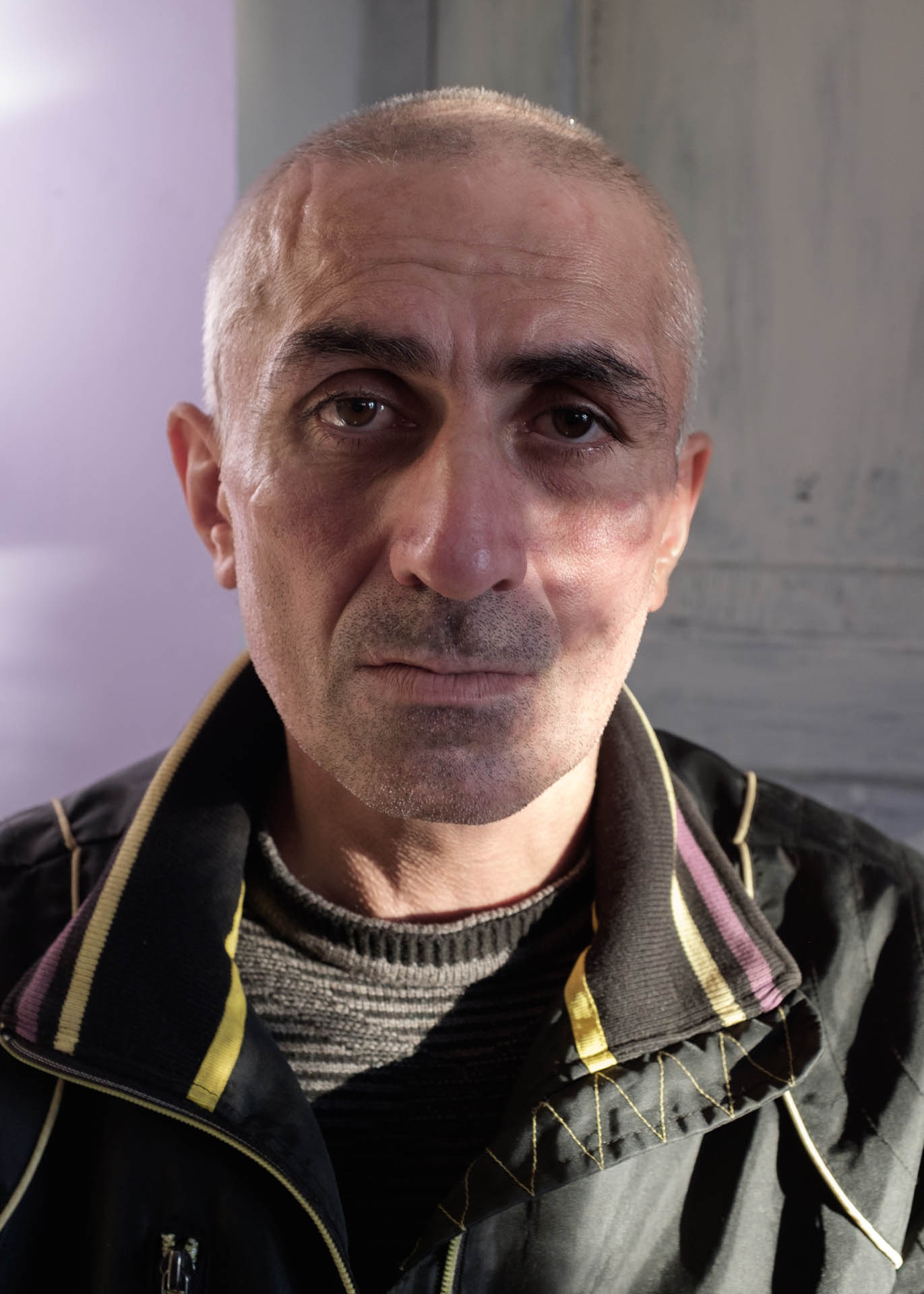
“When they detained me, I didn’t resist—I only shouted: ‘This is not your land, you have no right!'” – R.
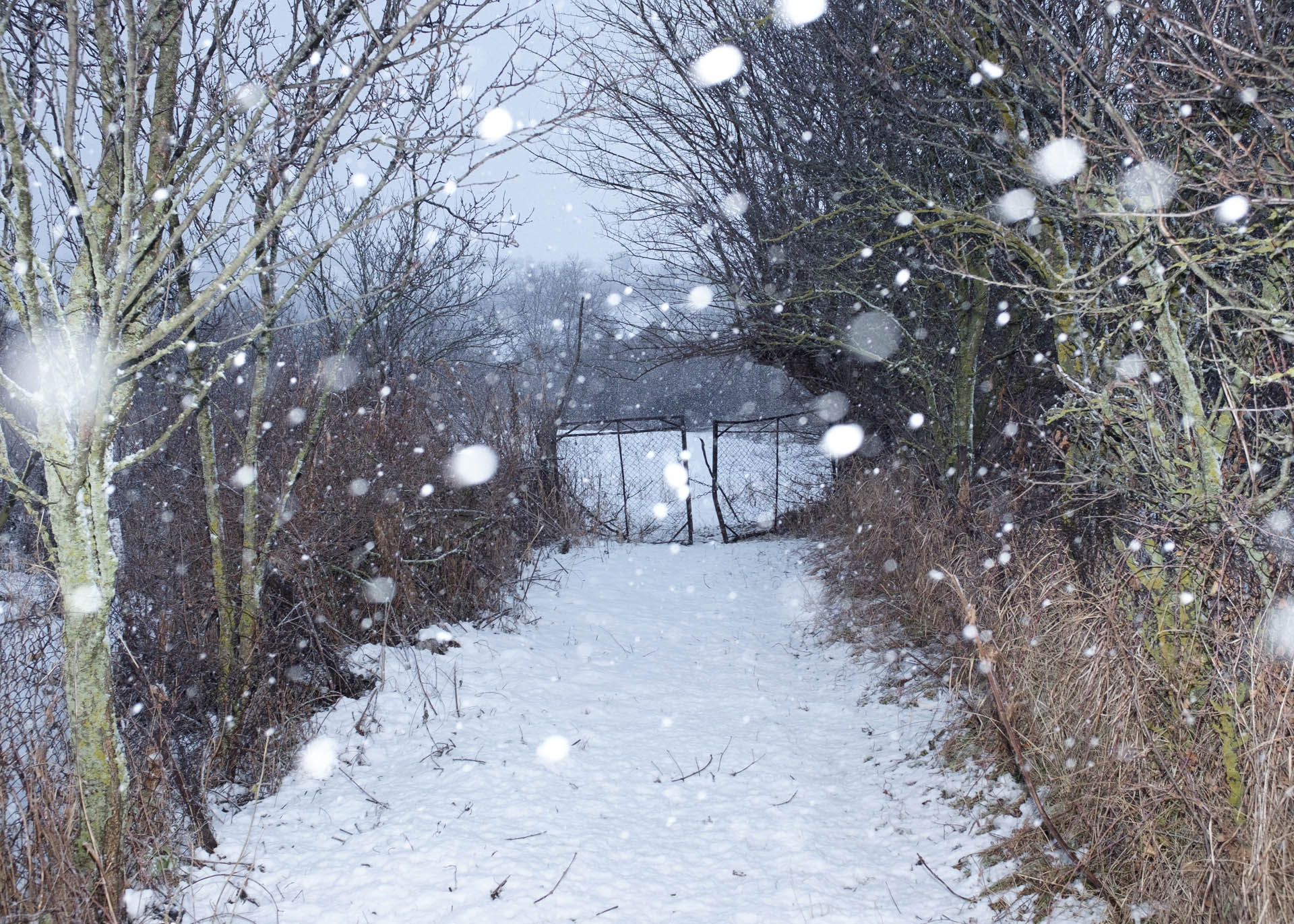
– O.
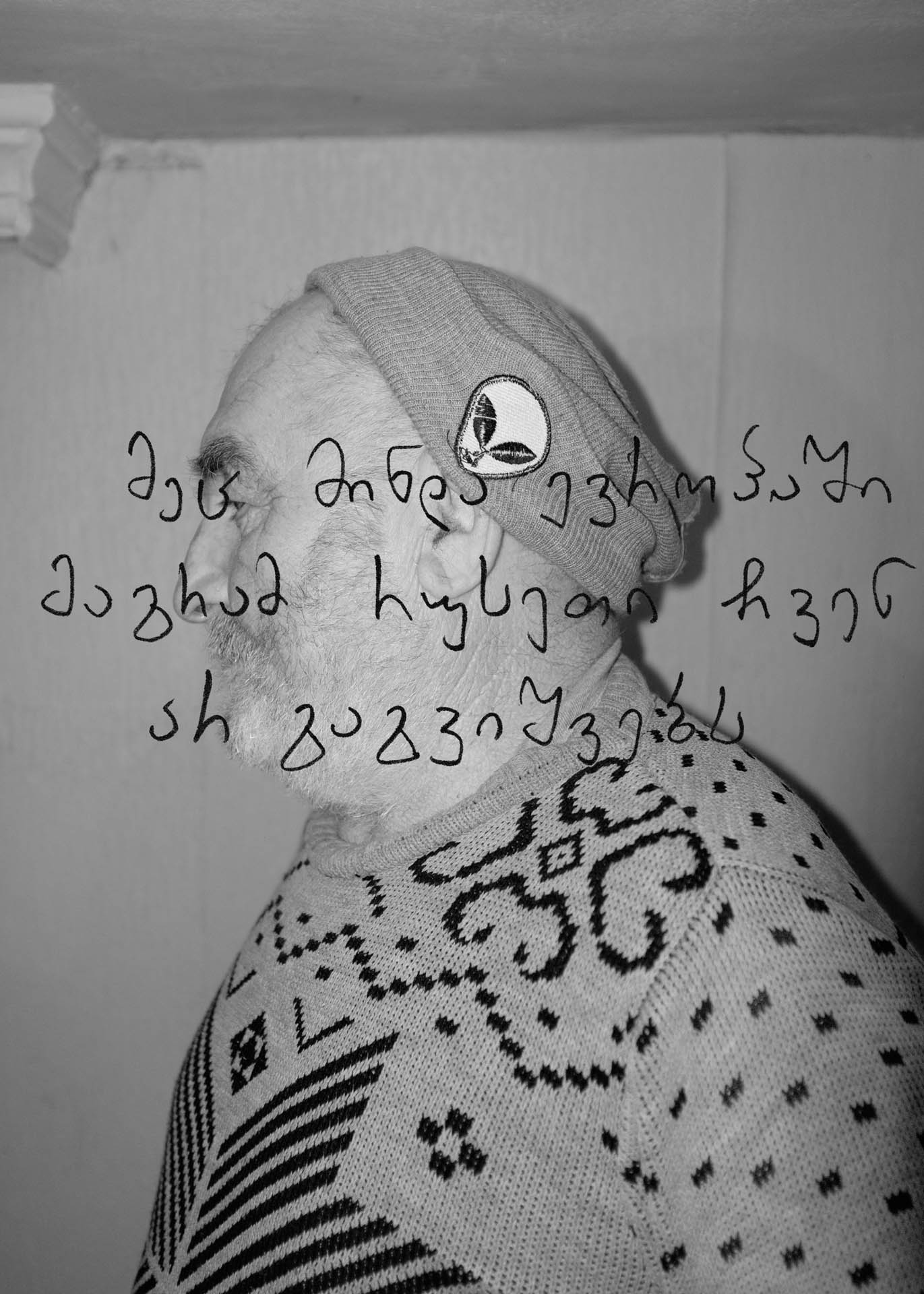
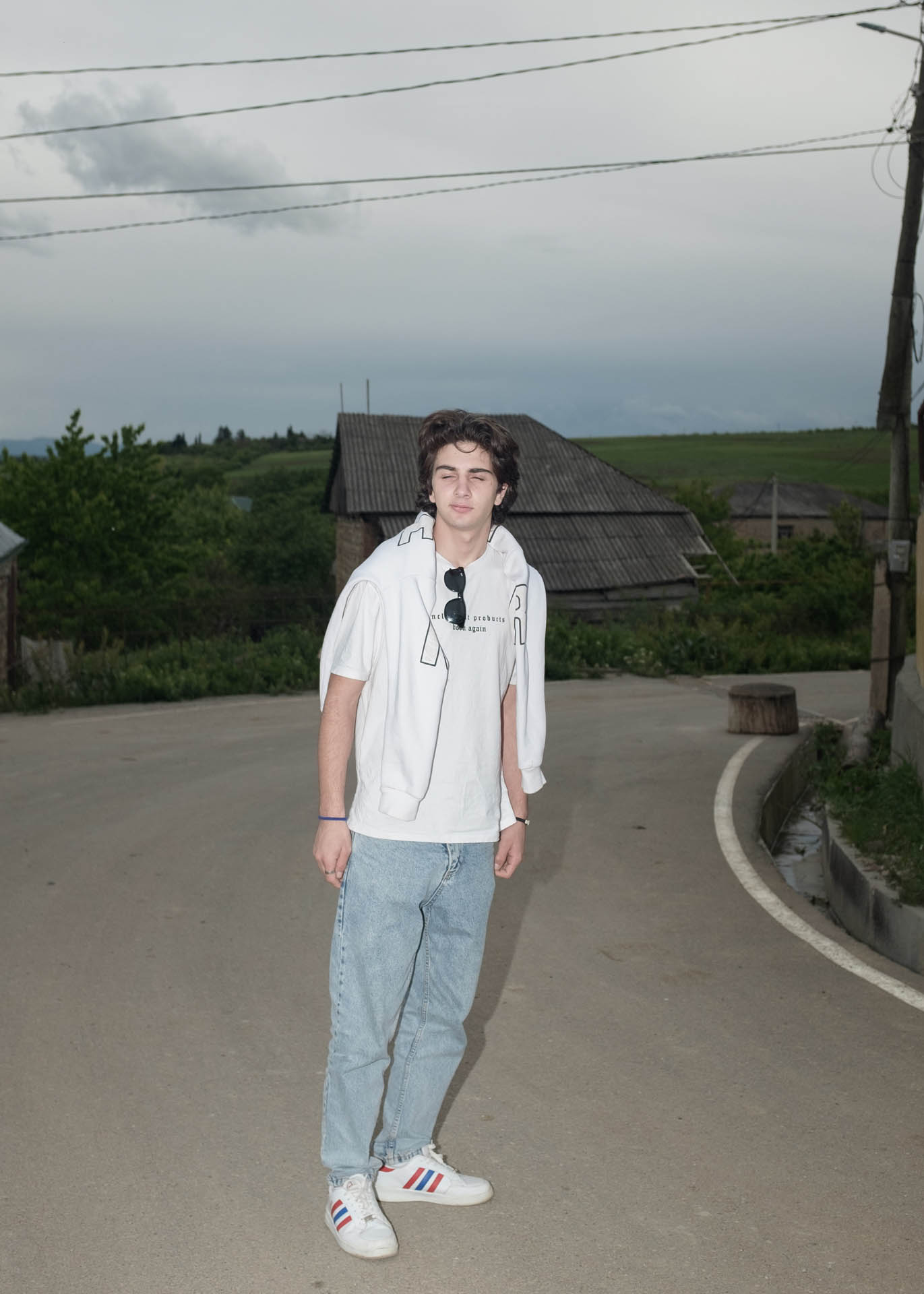
– O.
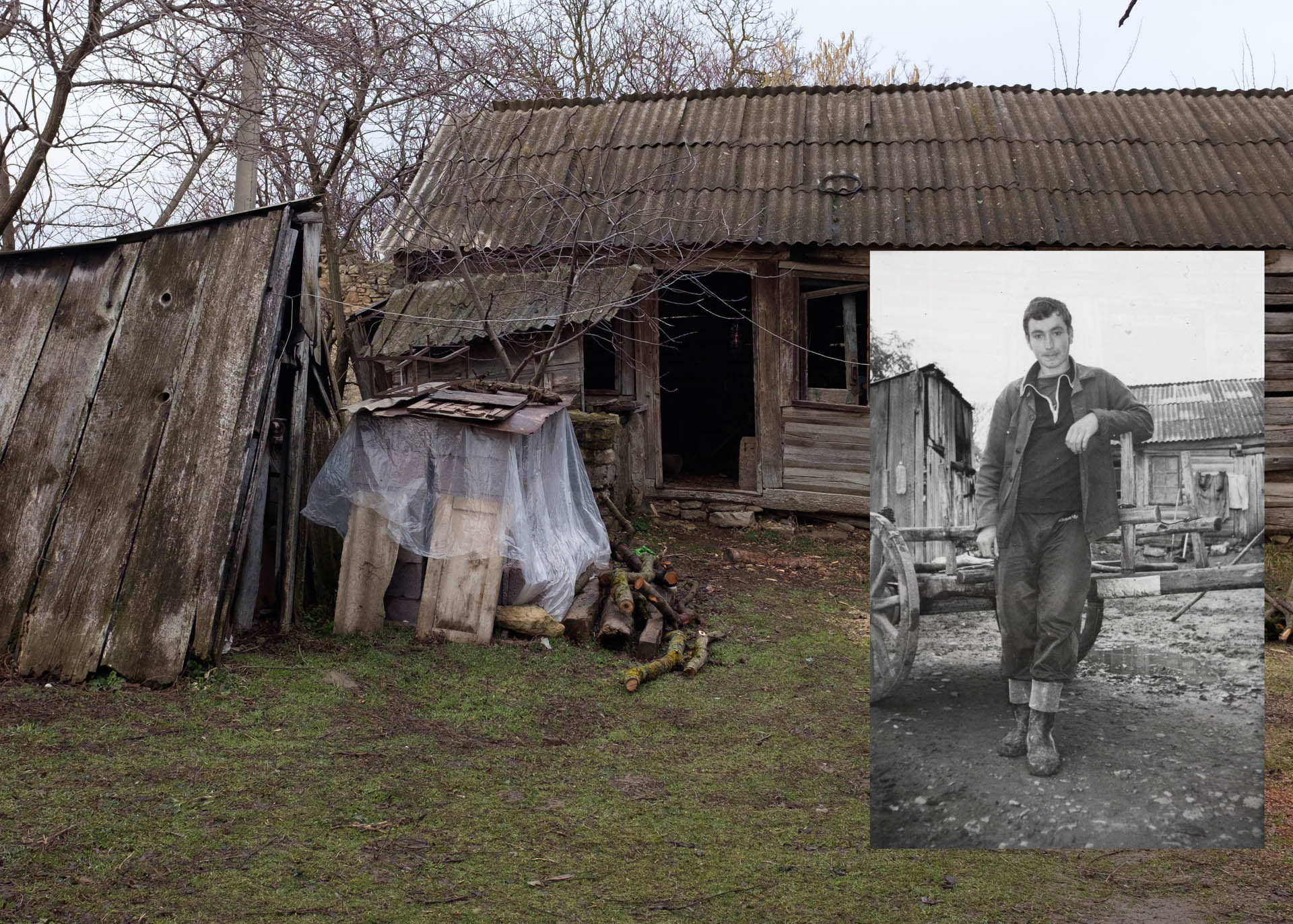
– N.
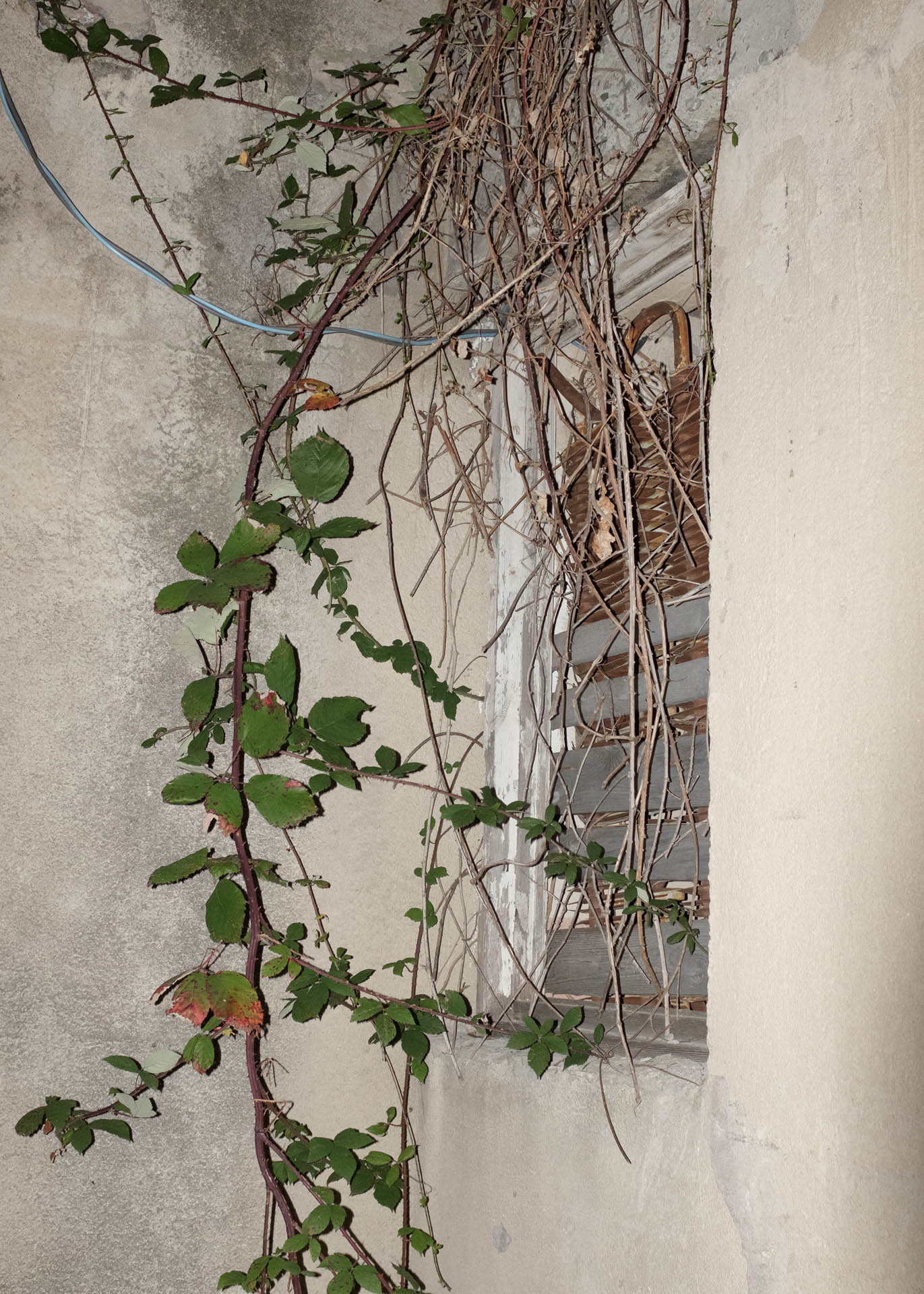
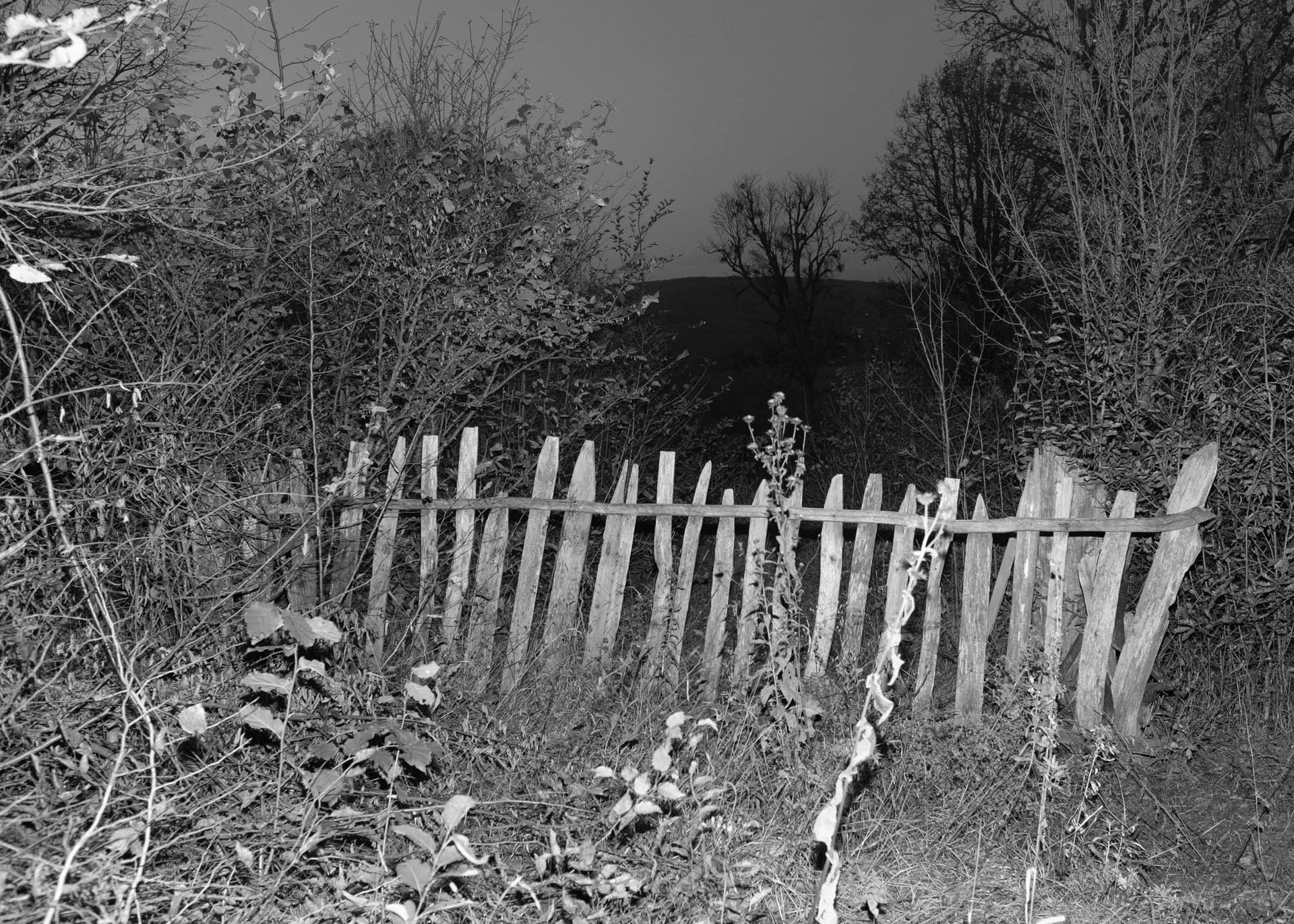
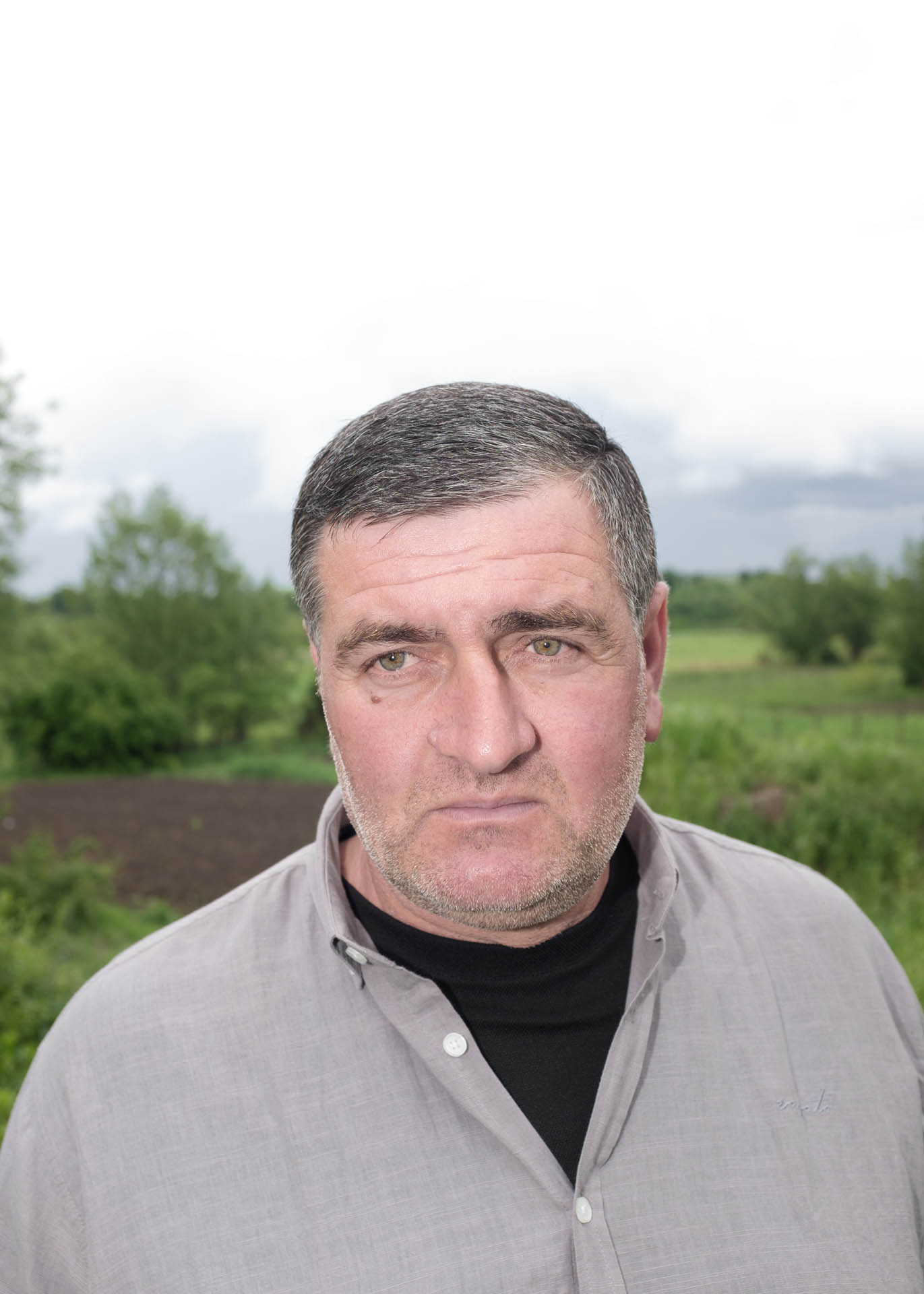
–A.
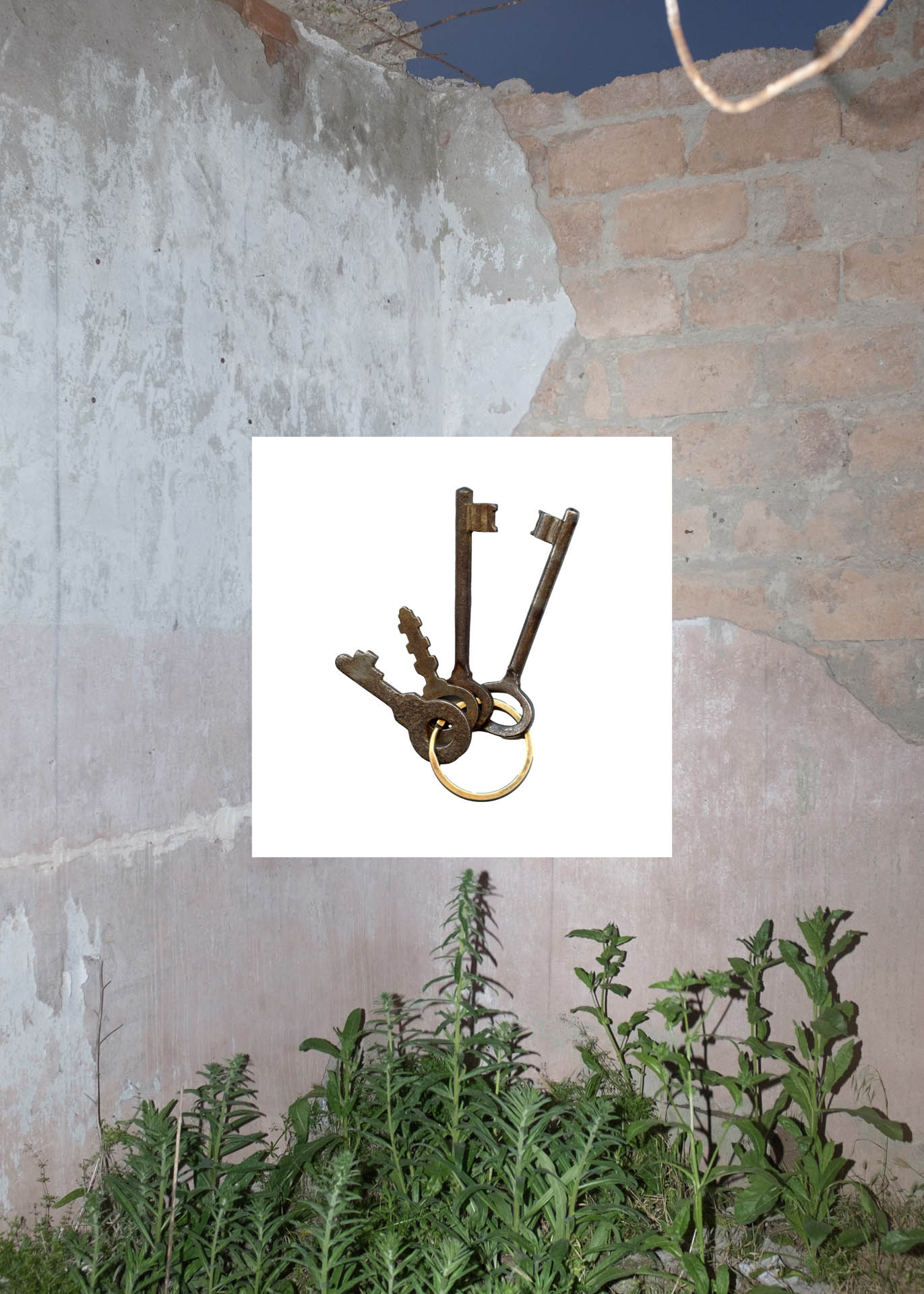
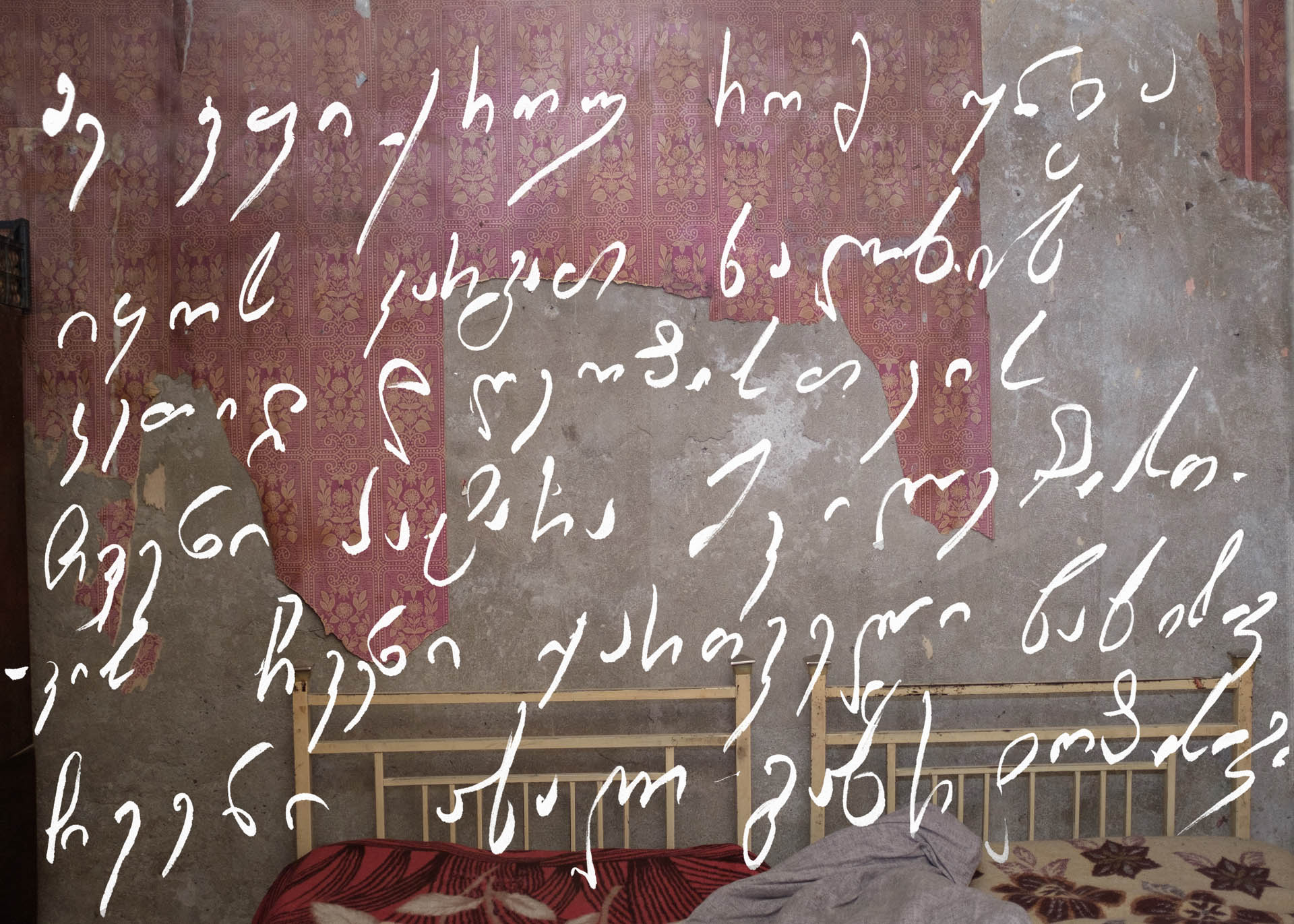
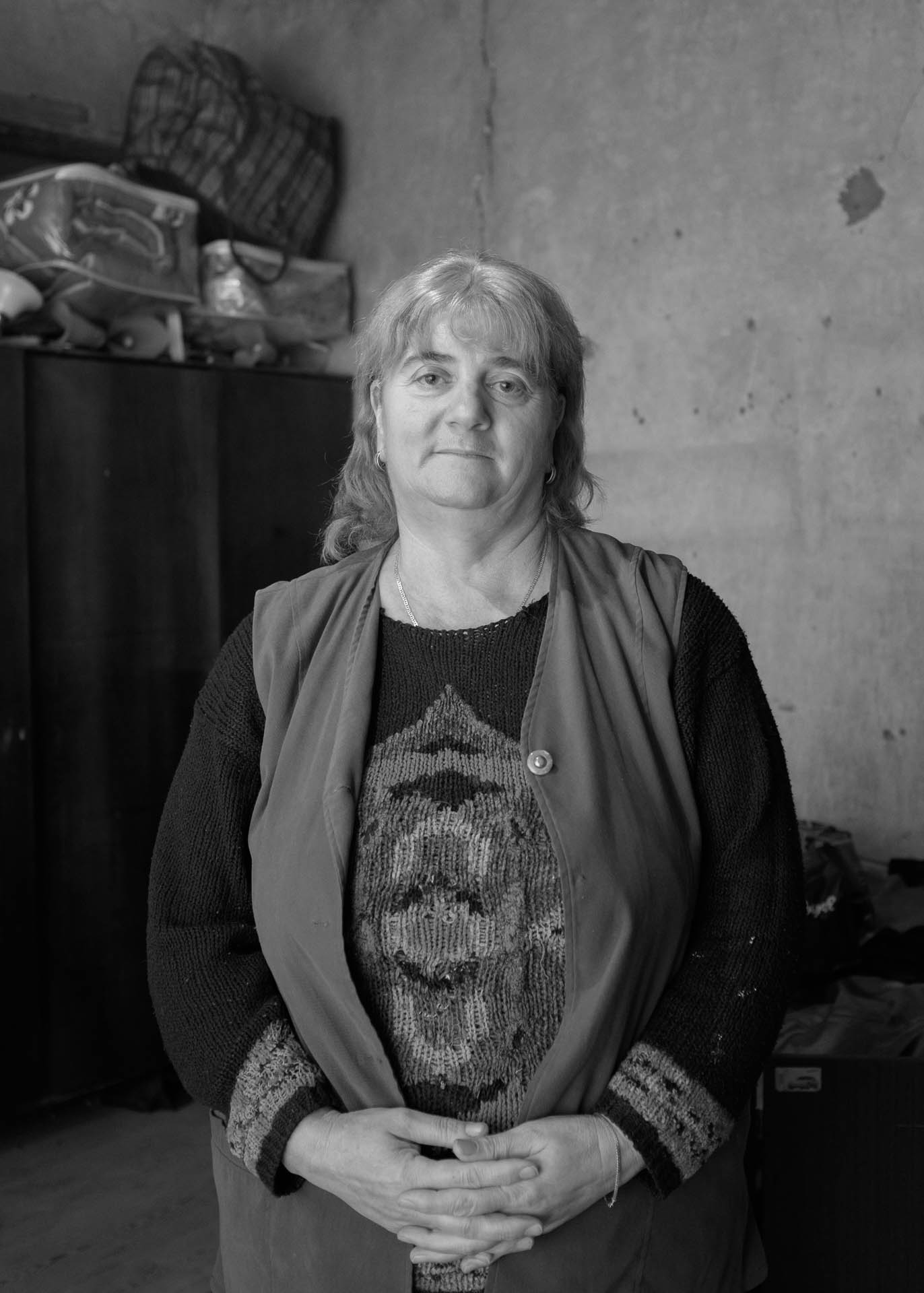
– M.
